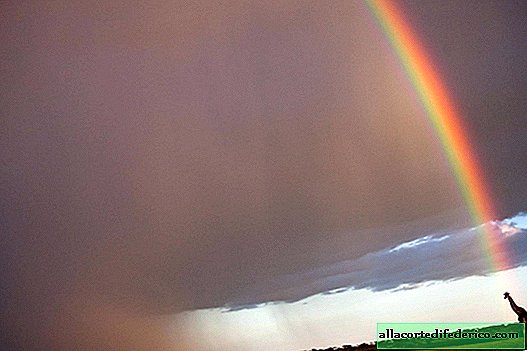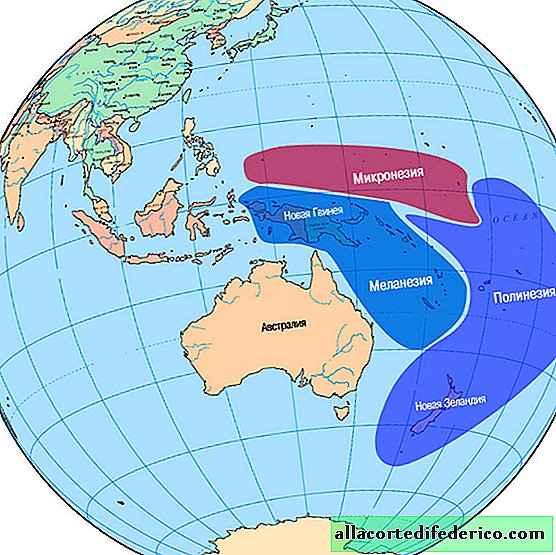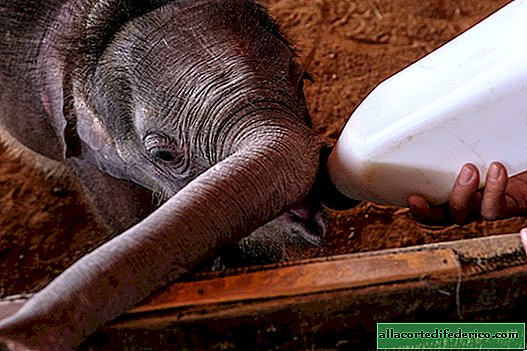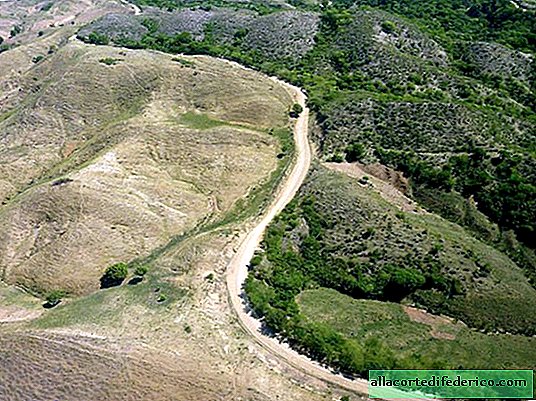Huge Japanese hornet: the most dangerous wild animal of the Land of the Rising Sun
Of course, Japanese hornets do not prey on humans, but about 40 inhabitants of Japan die annually from the bites of these terrible insects. These are one of the largest representatives of the hornet family that live on our planet, and they possess formidable weapons, which makes them very dangerous for people.
The Japanese hornet is a subspecies of the largest hornet Vespa mandarinia, which is found only on the islands of Japan, where it is called the "bee sparrow." This endemic species has a wingspan of about 6 centimeters and a striped body color characteristic of hornets and wasps. Such hornets live in the forest ecosystems of the archipelago, forming large colonies. The number of insects in such colonies can reach 300 individuals. Hornets feed on plant nectar or other insects, but attacks on humans are not uncommon. This occurs in cases where human behavior is regarded by insects as a threat.

In the case of a man’s hornet bite, the most unpleasant consequences are expected, from an allergic reaction to a fatal outcome. The fact is that this type of hornet produces the most toxic poison of all the hornets that exist on our planet. The insect has a sting about 6 millimeters long and can sting its victim several times. People who are allergic to wasp or bee venom have a reaction to hornet poison, so in this case, a bite of the Japanese hornet causes anaphylactic shock.
The situation is complicated by the fact that the hornet venom contains acetylcholine, a special substance whose smell attracts other hornets. That is, if a person was attacked by the Japanese hornet, then it is expected that his relatives will come to the aid of the insect, then the number of bites will increase many times. In this case, a large amount of mandorotoxin, the strongest poison that also causes death, gets into the human body, regardless of the presence of an allergy. Enraged hornets can chase a person up to 5 kilometers away.

But not only people and wild animals suffer from the bites of this monster. European bees, which local beekeepers breed as a more productive species, also fall prey to this predator. Interestingly, the local Japanese bees have the tactics of protection from the dangerous hornet, which developed in the process of evolution. If the hornet approaches the hive, then the bees surround it with a dense ring, intensively working with the wings. The temperature inside such a ring rises rapidly and the hornet, 20 minutes after such "tight communication", dies from a critical increase in temperature.
But if collective actions save the bees, then a person has to rely only on his discretion. And if you, walking along one of the national parks of Japan, hear a characteristic sound, then keep calm, do not make sudden movements and slowly move away from the meeting place. Perhaps there is a nest of a hornet colony nearby, and the insects just want to warn you about it.


















